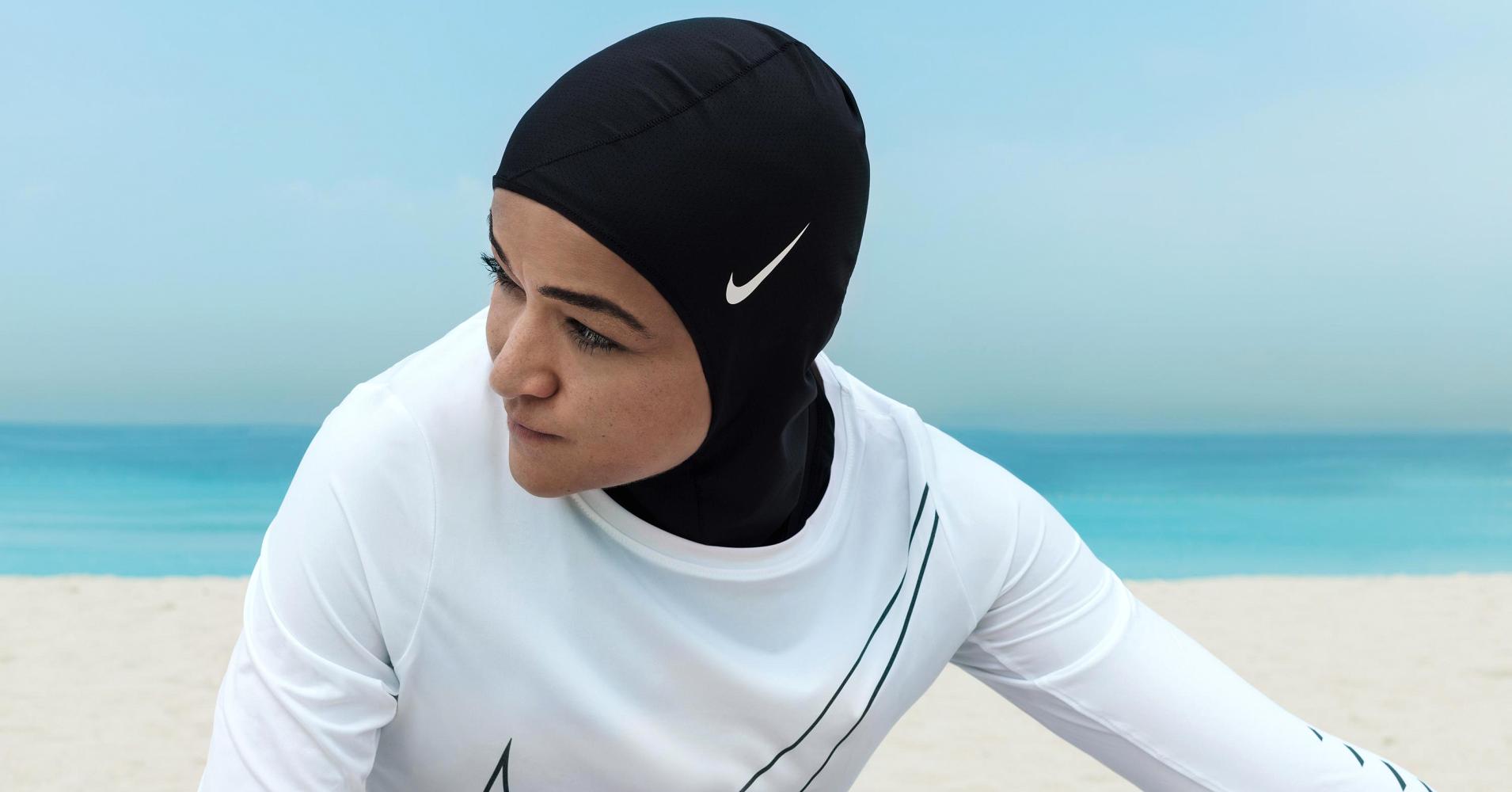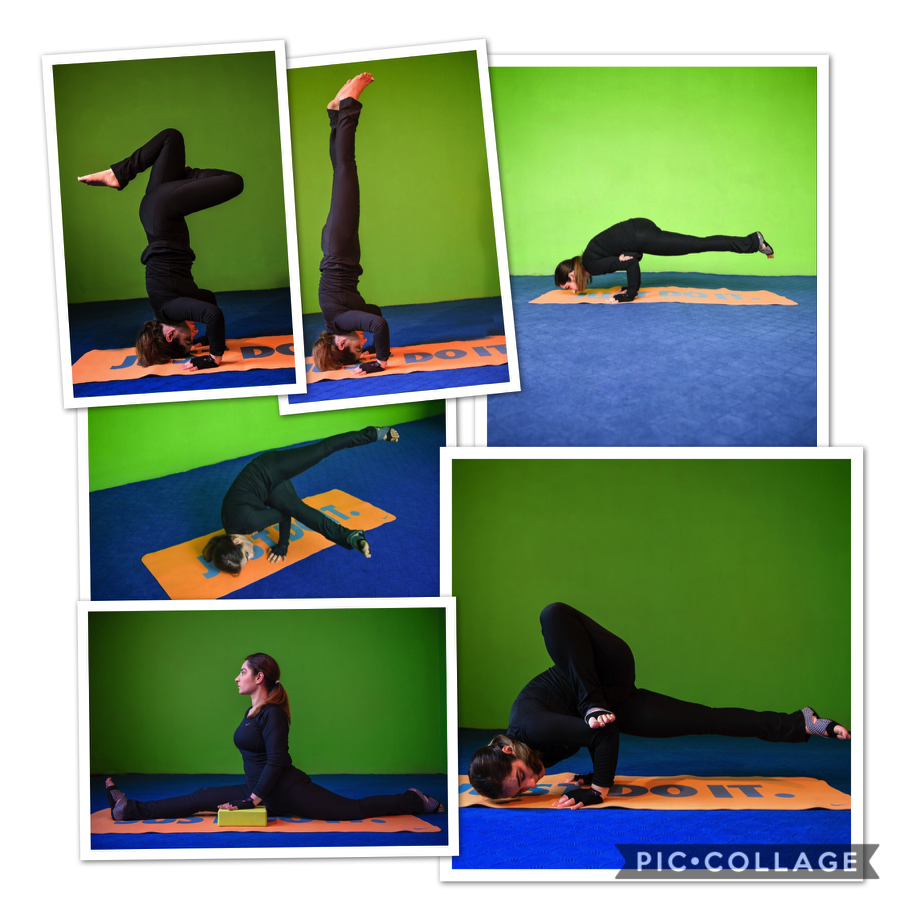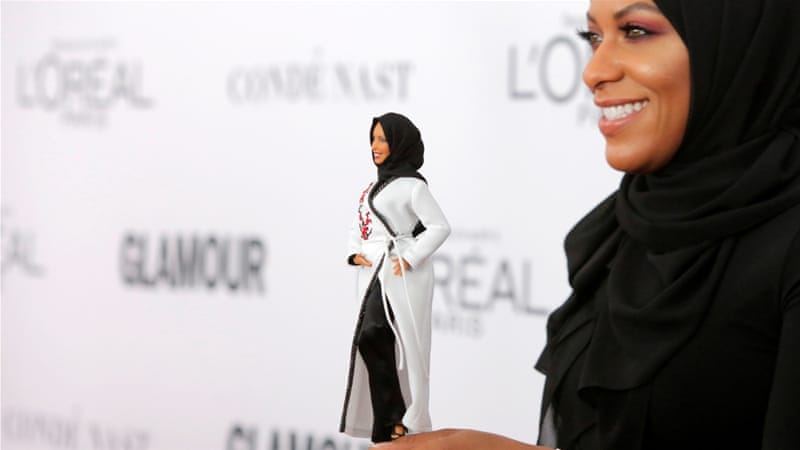When any item of Muslim wear hits the fashion market, it usually attracts a lot of media attention. This has certainly been the case with the custom designed hijab created by Nike, aimed at Muslim women who want to get involved in sport or exercise whilst wearing a head covering. For those choosing the hijab who have struggled to locate appropriate sportswear, Nike’s creation of the sports hijab has been welcomed as it makes it easier for them to keep fit whilst wearing suitable attire.
I certainly see it as a positive step and one that empowers women; after all, if they choose to cover their heads then they should be able to do in a practical and attractive way. But what other views are out there? There are those who have voiced negative opinions, accusing Nike of jumping on the bandwagon when it comes to subjugating women which has caused the manufacturer to do much to defend their new product against the negative media onslaught:
“The Nike Pro Hijab has been a year in the making, but its impetus can be traced much further back to Nike’s founding mission, to serve athletes, with the signature addendum: If you have a body, you’re an athlete,” the company said in a statement. They cited their inspiration for the new garment as coming from Olympic runner Sarah Attar who wore a hijab during the games.
A lot of thought has gone into the hijab which is made of a lightweight mesh, allowing the skin to breathe and that will not slip off. As a Muslim woman, I certainly like the Nike hijab and can see nothing wrong with it as a fashion or sports accessory.
But with many negative comments on social media, some have jumped to the conclusion that Nike are enabling those who force women to cover their heads and that they are simply trying to make money. This would seem to be pure media sensationalism and more of a drive to attract attention than anything else. After all, nothing can detract from the fact that Nike are the first key sports clothing maker to produce an Islamic head covering. Whilst other lesser known Muslim companies may have produced versions of the hijab, none have brought it to the fore in the same way that Nike have. We also need to take into account the fact that the hijab has become one of the most visible symbols of Muslim culture throughout Europe and the US. With sensitivities over immigration and the perceived threat of Muslim extremism running high, head coverings such as the head scarf have led to a small amount of attacks against Muslim women but, at the same time, the hijab has evolved in a symbol of diversity that Nike has embraced.
But for those who choose to cover their heads and wear modest outfits, the product has been welcomed by sportswomen who have previously struggled when wearing the hijab for sport and fitness and who can blame them? The general perception is changing, as was noted by Sport England who expressed their appreciation of the new development from Nike on International Women’s Day. They see it as closing the cap in sports participation between men and women, particularly in BAME (British, Black, Asian and minority ethnic) communities.
Some tried to make a link between the Australian-born ‘burkini’ and the new hijab, seeing them both as ‘Islamic wear’ and therefore carrying negative undertones; In August last year some resorts in France banned the burkini following the attack in Nice with their mayor stating that this type of clothing “overtly manifests adherence to a religion at a time when France and places of worship are the target of terrorist attacks.”
These bans were later removed but it has not stopped France musing on the removal of full face coverings. Even Fiba, the governing body for basketball, has been criticised for banning headscarves during play.
Meanwhile, Nike continues to support the Muslim section of the market, opening many stores in the Middle East and adding Muslim sportswear to their range. With the Islamic fashion market on the up, could it be that the future is looking rosy for Muslim women who buy modest clothing to cover up because they want to? After all, shouldn’t all women be able to choose to wear what they want, Muslim or not?
Sarah Ghanem is a hijabista and fashion consultant at Modanisa, who is always on the lookout for the latest modest trends and styles. She is also keen to explore the intricacies of the Western and Islamic fashion world and she happily shares her thoughts with readers from all over the world.
Image: Credit





Love for this Article
You’re absolutely right about saying that having the sports hijab invented is absolutely empowering, especially when it comes to our Muslim sisters. I think that I should buy this for my cousin since she likes to swim but hasn’t had the chance to properly cover herself to enjoy doing it because she needs to wear a hijab. This might be a perfect birthday gift to her since she’s about to enter a swimming competition at their school because she wants to become a varsity player for swimming.